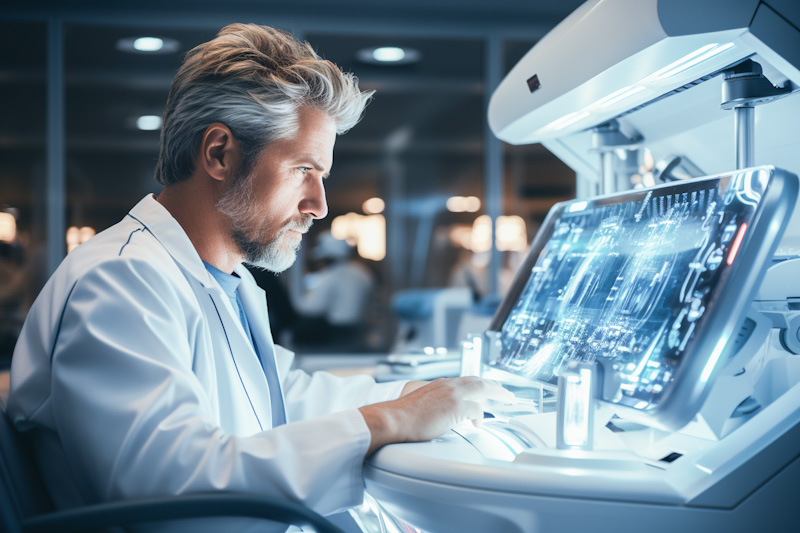
The healthcare sector is undergoing a transformative shift, driven by technological advancements. As we move towards a more patient-centric approach, technologies like wearables, telemedicine, and AI diagnostics are playing pivotal roles in delivering personalized care. These innovations not only enhance the patient experience but also streamline healthcare processes, making them more efficient and effective. Let’s explore the profound impact of these tech trends on modern healthcare.
1. Wearables: Monitoring Health in Real-Time
Wearable devices, such as smartwatches and fitness trackers, have become ubiquitous in recent years. These devices continuously monitor various health metrics like heart rate, sleep patterns, and activity levels. With advancements in sensor technology, wearables can now detect irregular heart rhythms, measure blood oxygen levels, and even monitor glucose levels for diabetics. This real-time health monitoring empowers individuals to take proactive steps towards their well-being, potentially preventing severe health issues.
Moreover, the data collected by wearables can be shared with healthcare professionals, providing them with a comprehensive view of a patient’s health over time. This continuous monitoring can lead to early detection of potential health issues, allowing for timely interventions and reducing the need for emergency care.